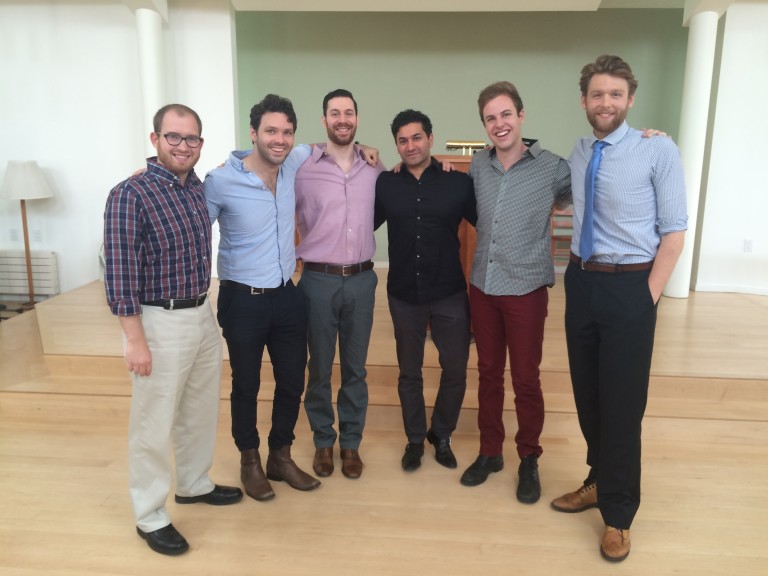I am en route to beautiful Vermont for a production of Verdi’s opera Macbeth in which I’ll be singing the role of Macduff and presenting a master class for the young artists who will be participating in the Opera Company of Middlebury’s Young Artist Program.
Music master classes are peculiar events during which a handful of young artists work individually with the teacher of the master class in an open forum for about 30 minutes. The sessions may invoke any number of topics ranging from the technical through the presentational and may even include fashion and business advice depending on the perspective of the presenter and the perceived needs of the young artist.
Although I strive to address some of an artist’s specific needs during a master class, I try to share a single, overarching take-away with all who attend: to be proactive in your career by taking ownership of your artistic product.
It seems self-evident, but this idea evades a majority of aspiring artists. And the reasons for why ownership isn’t the norm are readily identifiable, understandable and remediable.
We invest significant time, money and energy learning from resources which include teachers, coaches and musical heroes (alive and dead), often receiving seemingly contradictory information about how they should interpret music.
Along the way, most of us stop bringing to the music that very aspect which makes an interpretation special and unique…ourselves. We stop collaborating and we cede ownership of our artistic product to a musical “authority” and we become hollow and irrelevant as artists. Indeed, we can no longer call ourselves artists.
This is not to say that information which we receive from our trusted teachers and coaches or from our collaborating conductors and directors is not valid. Quite to the contrary, there is precious advice and perspective to be gained from such collaborations. But the key ingredient to an artistic collaboration is the participation of the artist. Artists must be discerning of the information coming toward them. They must take the time to feel for, think about, deconstruct and reconstruct the music on the page in order to communicate something in a way that is unique to them.
How does one own her/his artistic product? Ownership is the natural consequence of interminable and holistic preparation; preparation of the music, the technique, the underlying/ancillary literature, the drama, the history, the politics and the humanism. Our preparation leads to knowledge. Knowledge is power and the power we gain from holistic preparation is the confidence to share our unique artistic sensibility with the world.




